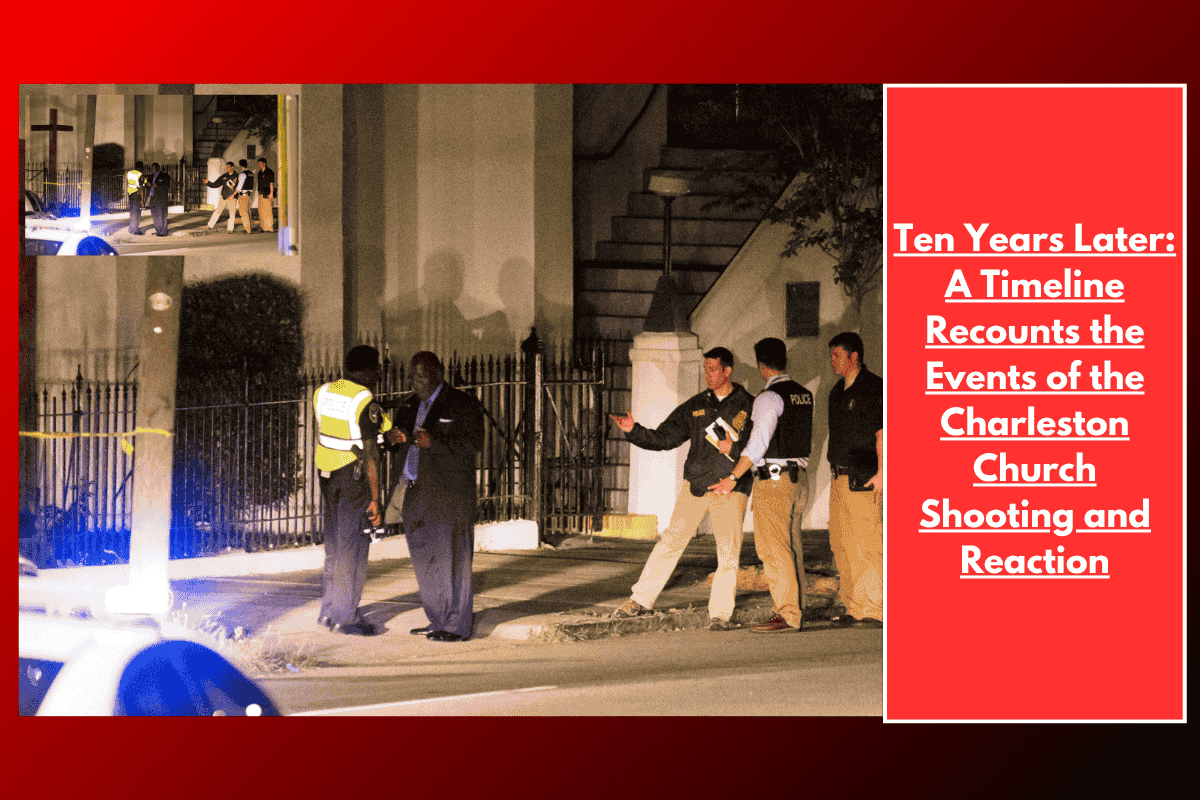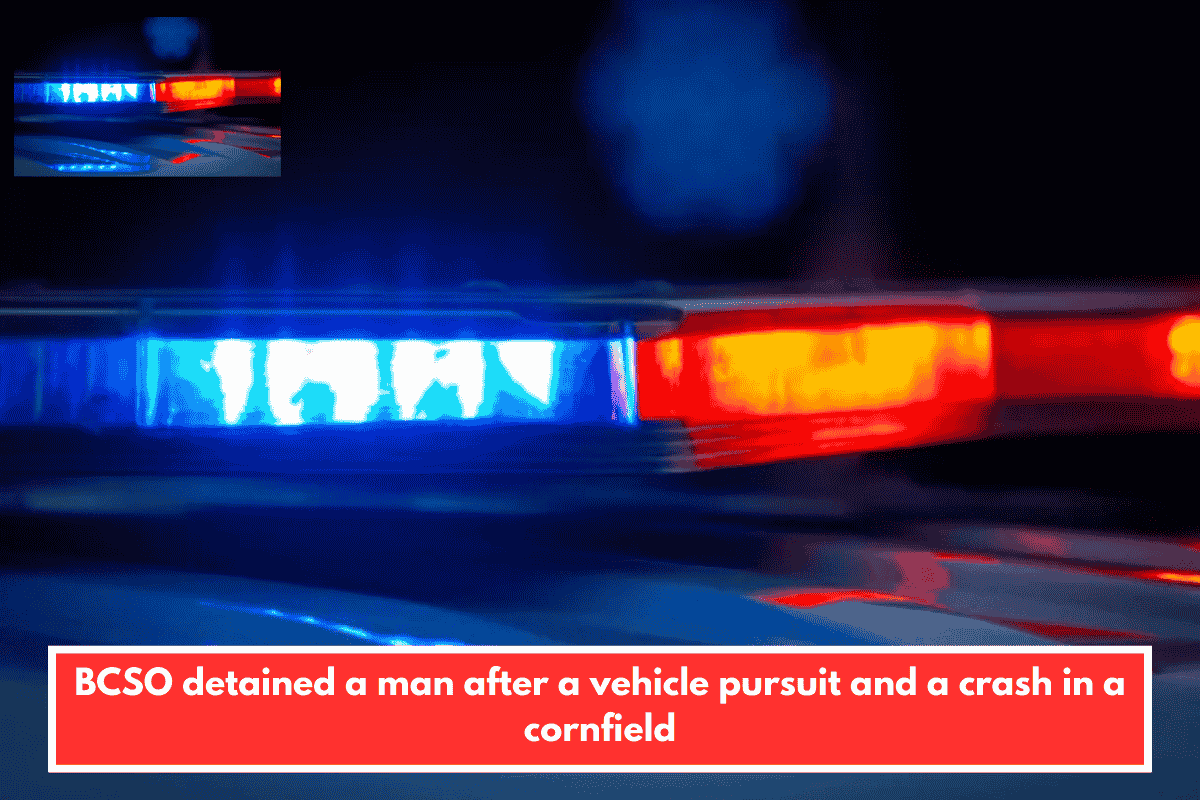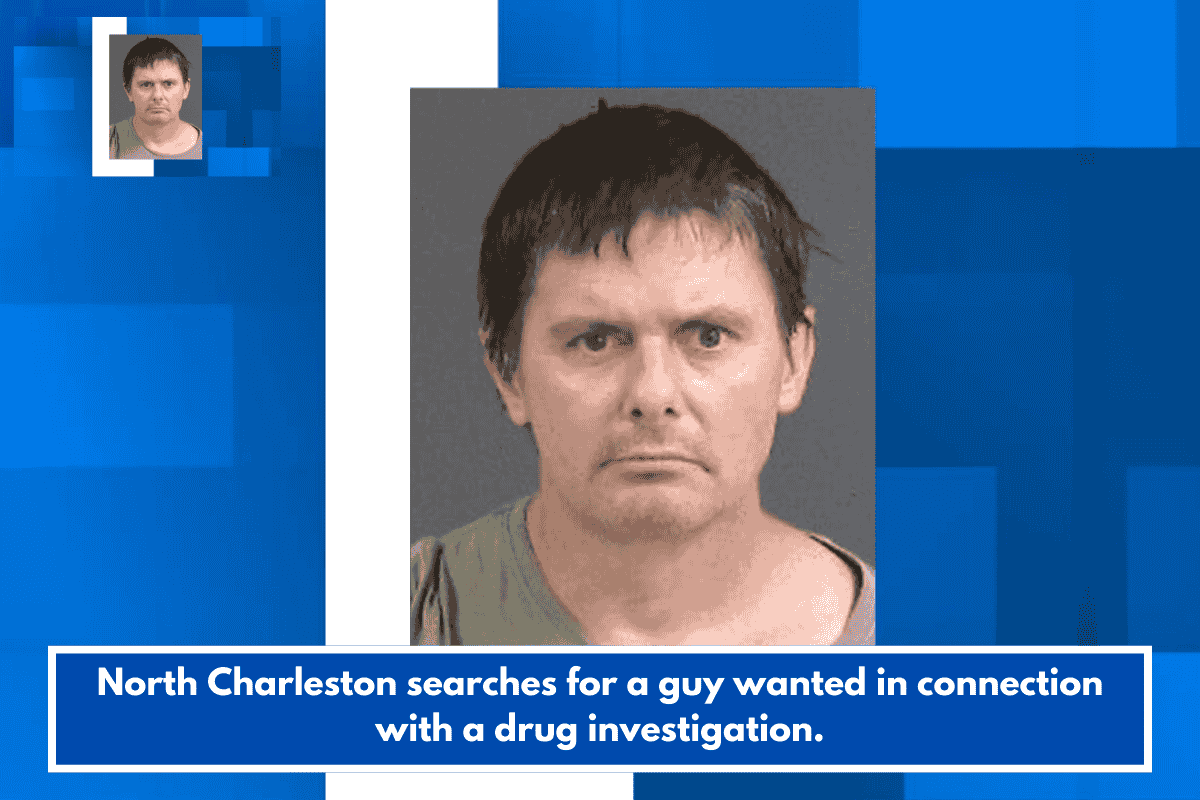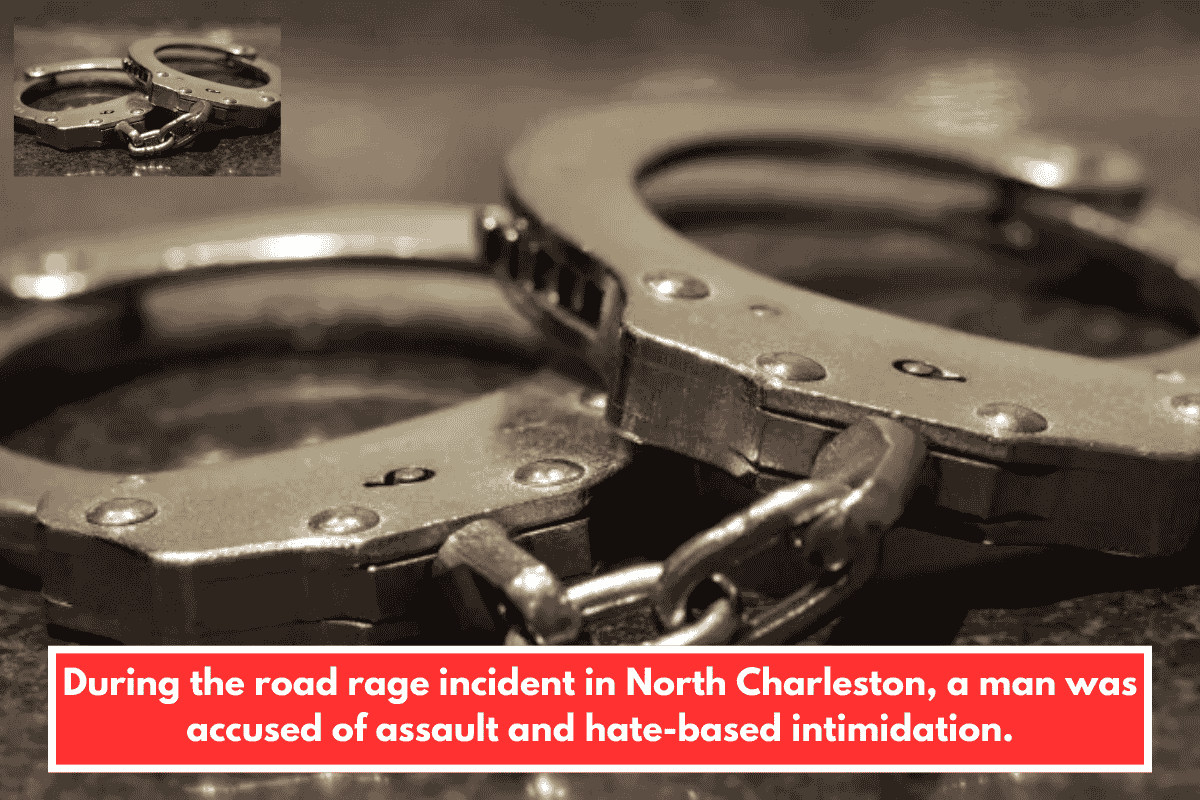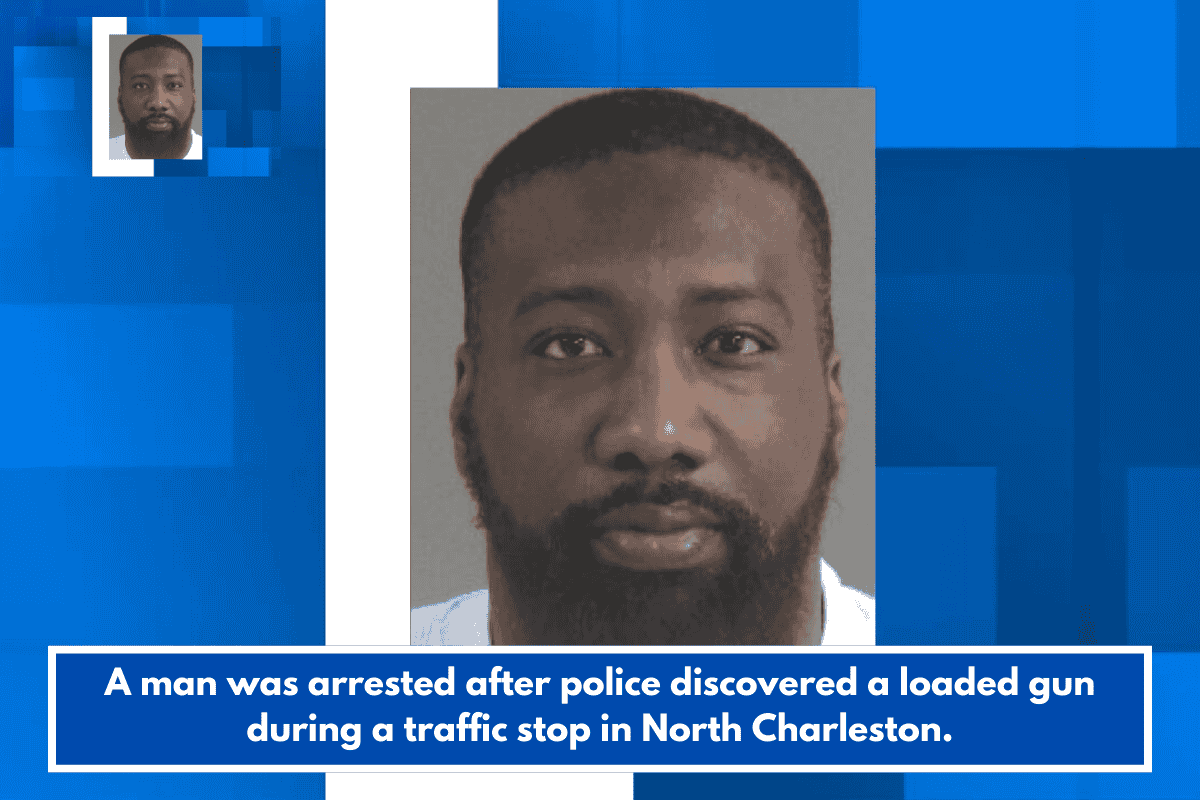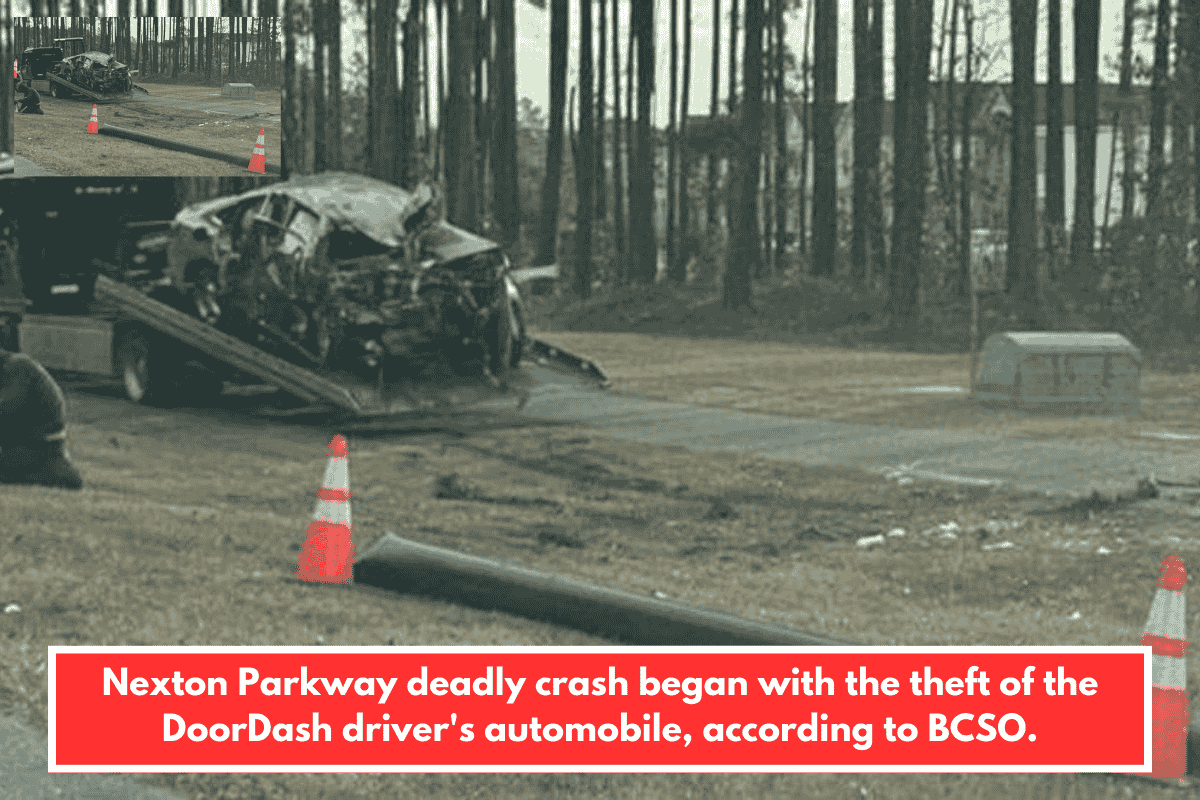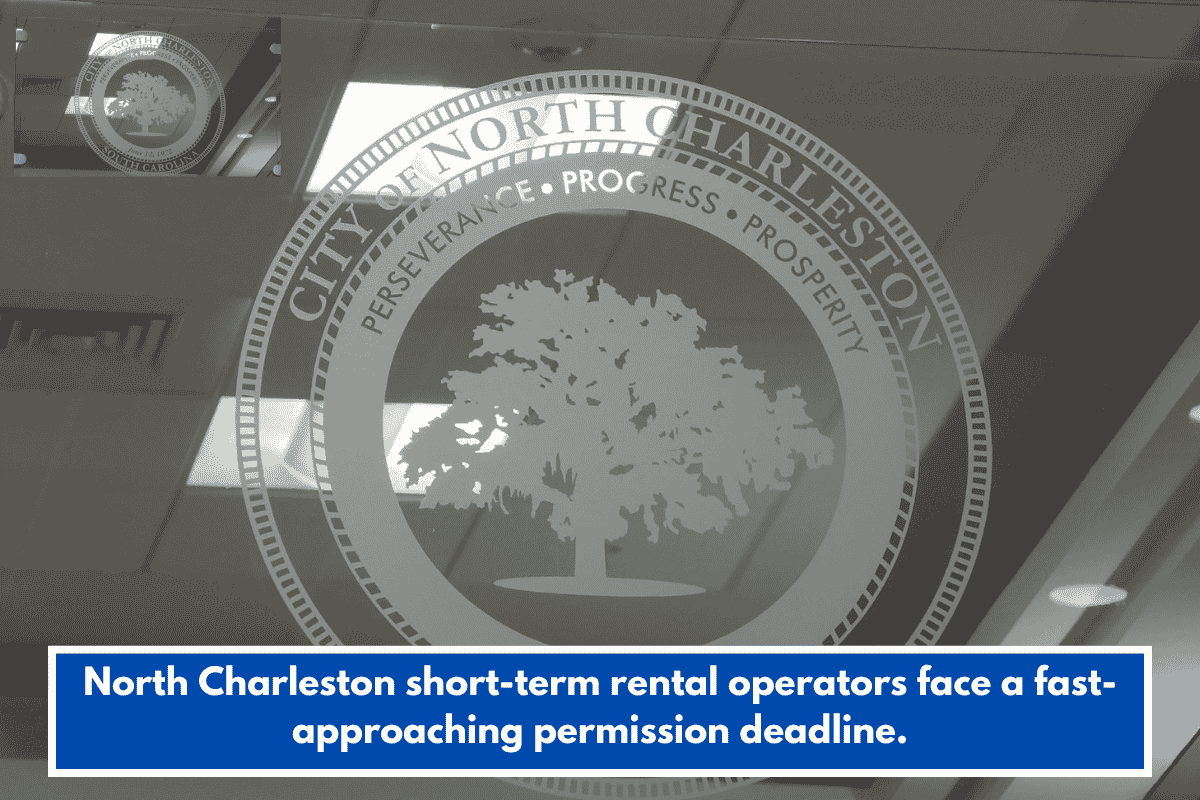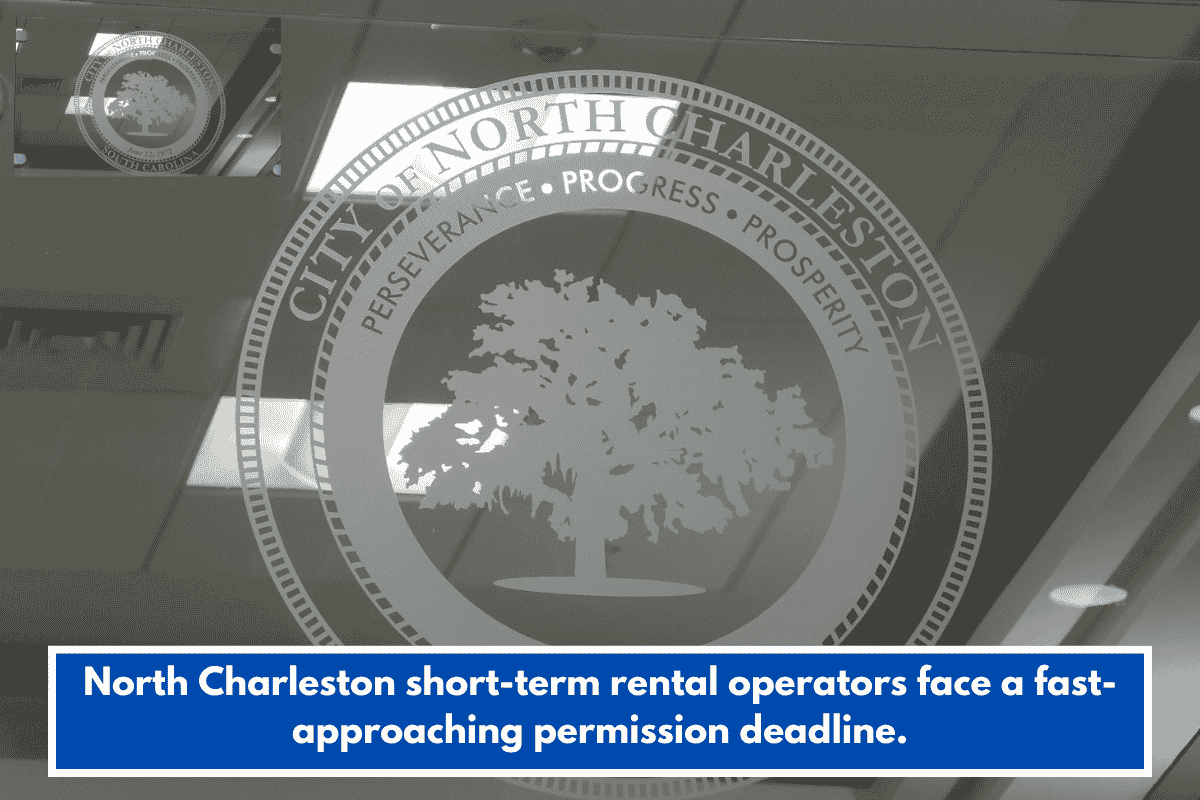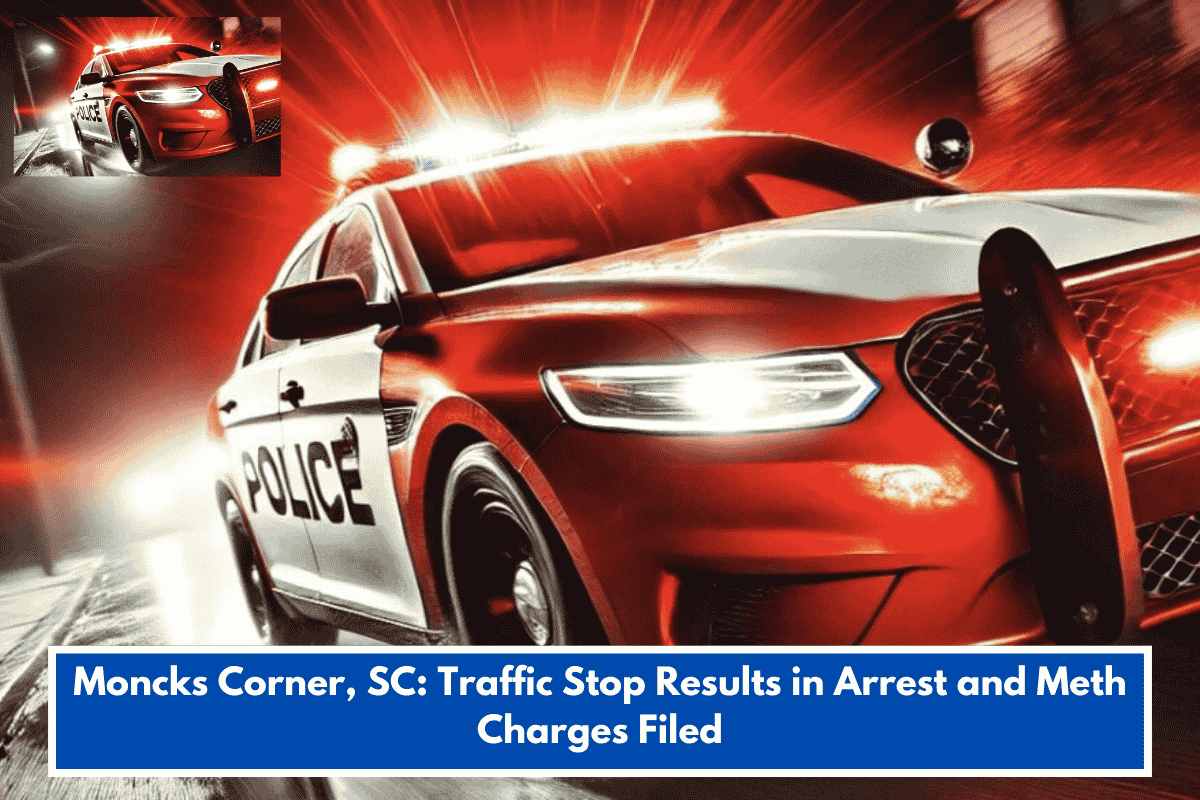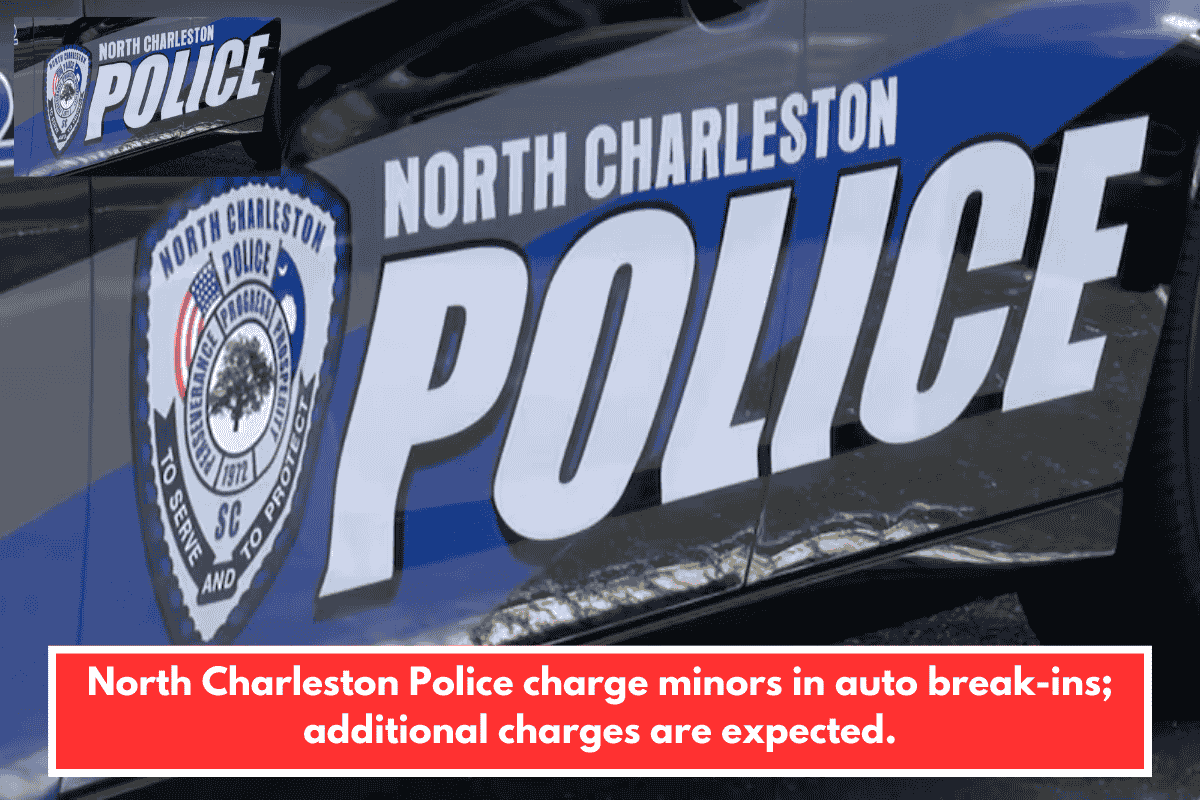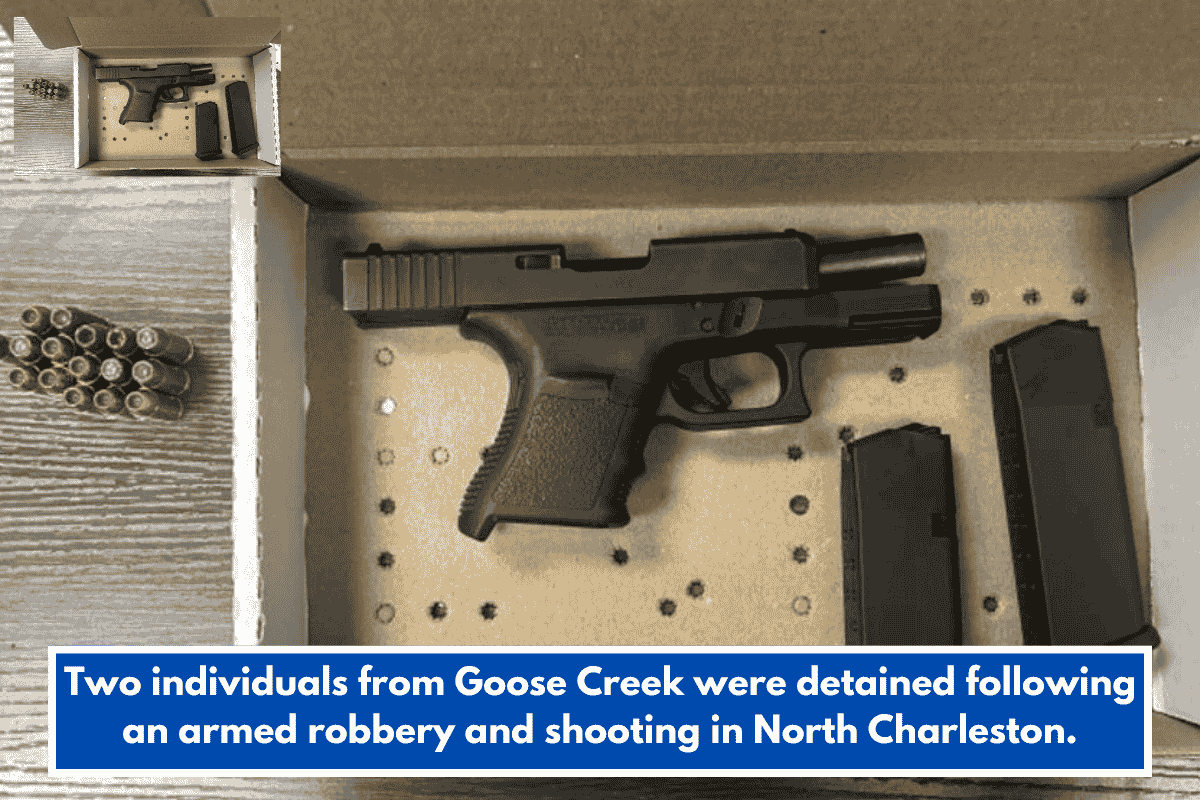On June 17, 2015, Charleston was forever changed by an unspeakable tragedy at Mother Emanuel AME Church. What started as a typical, hot night in the Lowcountry quickly turned into one of the darkest moments in the city’s history. A mass shooting took the lives of nine innocent people, forever leaving its mark on the community.
The Attack at Mother Emanuel AME Church
Around 8 p.m., Dylann Roof, a 21-year-old white male, entered the church during a Bible study session, blending in with attendees who welcomed him with open arms. For nearly an hour, Roof sat with the group before he suddenly pulled out a gun and began shooting. He killed nine people and left several others wounded. The attack was followed by racially charged remarks before he fled the scene.
Word of the shooting quickly spread, and first responders flooded Calhoun Street as the scene became chaotic. Police launched an immediate manhunt for Roof, who had already fled the church by the time they arrived. Police officers worked tirelessly to manage the crowds and secure the area while working to gather more information.
The Aftermath: Shock, Fear, and a Manhunt
By the early hours of the next morning, it was confirmed that nine victims had died. Among them was State Senator Clementa C. Pinckney, a pastor at Emanuel AME Church. The devastating news sent shockwaves through the community, leading to prayer vigils and expressions of grief in Marion Square.
As investigations continued, the attack was deemed a hate crime, and law enforcement identified Dylann Roof as the shooter. Roof was caught just hours later, after a motorist recognized him from news reports near Charlotte, North Carolina. He was apprehended in Shelby, North Carolina and quickly returned to Charleston.
The Victims: Remembering the Lives Lost
The nine victims of the shooting were:
- Cynthia Graham Hurd
- Rev. Daniel Simmons
- DePayne Middleton-Doctor
- Ethel Lee Lance
- Myra Thompson
- Sharonda Singleton-Coleman
- Susie Jackson
- Tywanza Sanders
- Rev. Sen. Clementa C. Pinckney
In the days following the attack, family members of the victims spoke publicly, expressing grief but also incredible strength and forgiveness. One daughter, during her statement to Roof, said, “I will never talk to her ever again. I will never be able to hold her again. But I forgive you, and have mercy on your soul.” This act of forgiveness left a lasting impression on the nation and the world.
President Obama’s Eulogy and Roof’s Conviction
In the aftermath, President Barack Obama traveled to Charleston to deliver the eulogy at a funeral held at TD Arena. His words resonated deeply as he honored the victims and called for unity and healing in the wake of such a senseless tragedy.
Roof was indicted on 22 federal charges, including charges for committing a hate crime and obstructing religious exercise. In 2017, he was convicted on all counts and sentenced to death by lethal injection. In addition, Roof was charged with nine counts of murder and possession of a firearm during a violent crime. Although he was sentenced to life in prison without parole for the state charges, this served as an assurance that, if his death sentence were overturned, he would remain incarcerated for life.
Gun Legislation and Hate Crime Laws: The Ongoing Debate
In the years since the Charleston church shooting, the tragedy has sparked ongoing debates about gun legislation and the need for hate crime laws in South Carolina. While some lawmakers have pushed for stronger gun control measures, including background check reforms, South Carolina remains one of the few states without a hate crime statute.
State lawmakers have repeatedly tried to pass a hate crime bill, but it has yet to gain traction. Critics argue that this failure to enact meaningful change is a continued injustice for the victims and their families.
As the anniversary of this devastating event passes each year, the conversation surrounding gun laws and hate crime legislation remains critical to preventing future tragedies. The Lowcountry continues to heal from the deep scars left by the massacre, but the fight for justice, healing, and reform persists.

